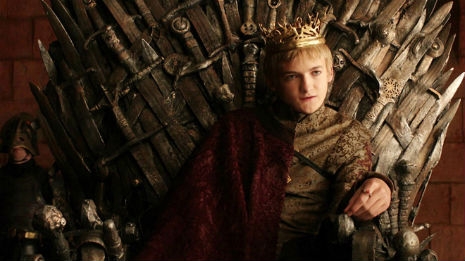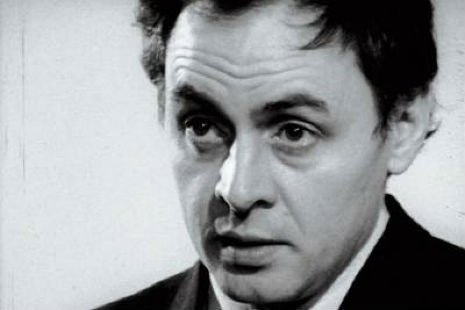
This is a guest post from Charles Hugh Smith. Read his essays daily at his Of Two Minds. Smith’s latest book is Get a Job, Build a Real Career and Defy a Bewildering Economy.
The difference between what we experience and what we’re told we experience creates a social schizophrenia that leads to self-destructive attitudes and behaviors.
What can popular television programs tell us about the zeitgeist (spirit of the age) of our culture and economy?
It’s an interesting question, as all mass media both responds to and shapes our interpretations and explanations of changing times. It’s also an important question, as mass media trends crystallize and express new ways of understanding our era.
Those who shape our interpretation of events also shape our responses. This of course is the goal of propaganda: Shape the interpretation, and the response predictably follows.
As a corporate enterprise, mass media’s goal is to make money—the more the better—and that requires finding entertainment products that attract and engage large audiences. The products that change popular culture are typically new enough to fulfill our innate attraction to novelty—but this isn’t enough. The product must express an interpretation of our time that was nascent but that had not yet found expression.
We can understand this complex process of crystallizing and giving expression to new contexts as one facet of the politics of experience.

The Politics of Experience
It is not coincidental that the phrase politics of experience was coined by a psychiatrist, R.D. Laing, for the phrase unpacks the way our internalized interpretation of experience can be shaped to create uniform beliefs about our society and economy that then lead to norms of behavior that support the political/economic status quo.
Here’s how Laing described the social ramifications in Chapter Four of his 1967 book, The Politics of Experience:
“All those people who seek to control the behavior of large numbers of other people work on the experiences of those other people. Once people can be induced to experience a situation in a similar way, they can be expected to behave in similar ways. Induce people all to want the same thing, hate the same things, feel the same threat, then their behavior is already captive - you have acquired your consumers or your cannon-fodder.”
For Laing, the politics of experience is not just about influencing social behavior – it has an individual, inner consequence as well:
“Our behavior is a function of our experience. We act according to the way we see things. If our experience is destroyed, our behavior will be destructive. If our experience is destroyed, we have lost our own selves.”
How the media shapes our interpretation affects not just our beliefs and responses, but our perceptions of self and our role in society. If the media’s interpretation no longer aligns with our experience, the conflict can generate self-destructive behaviors.
In other words, mass media interpretations can create a social schizophrenia that can lead to self-destructive attitudes and behaviors.
Social Analysis of TV
By its very nature as a mass shared experience, popular entertainment is fertile ground for social analysis.
Here’s a common example: what does a child learn about conflict resolution if he’s seen a thousand TV programs in which the “hero” is compelled to kill the “bad guy” in a showdown? What does that pattern suggest, not just about the structure of drama, but about the society that creates that drama?
Analyzing entertainment has been popular in America since the 1950s, if not earlier. The film noir of the 1950s, for example, was widely deemed to express the angst of the Cold War era. Others held that the rising prosperity of the 1950s enabled the populace to explore its darker demons—something the hardships and anxieties of the Depression did not encourage.
Many believe the Depression gave rise to screwball comedies and light-hearted entertainment featuring the casually wealthy precisely because these were escapist antidotes to the grinding realities of the era.
Even television shows that were denigrated as superficial in their own time (for example, Bewitched in the 1960s) can be seen as politically inert but subconsciously potent expressions of profound social changes: the “witch” in Bewitched is a powerful young female who is constantly implored by her conventional husband to conform to all the bland niceties of a suburban housewife, but she finds ways to rebel against these strictures.
More after the jump…





